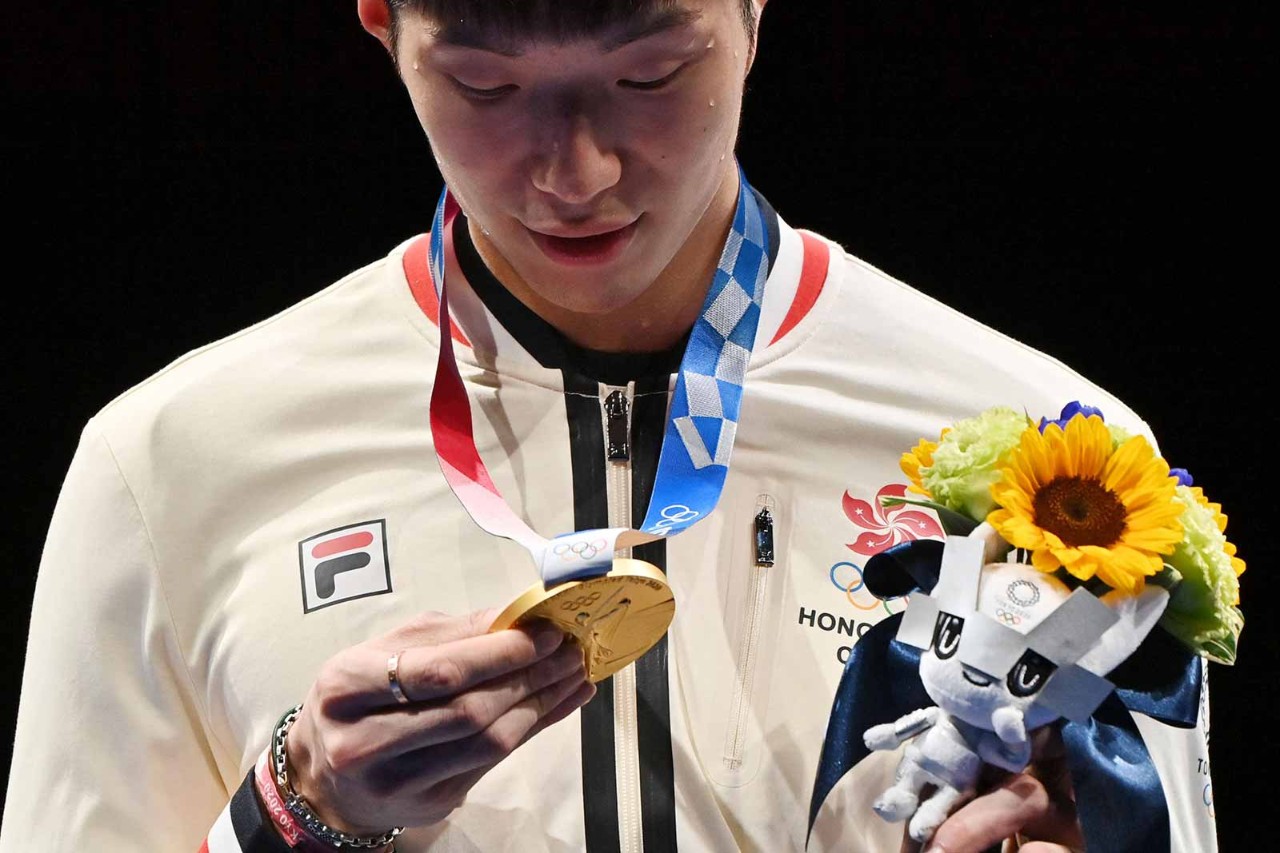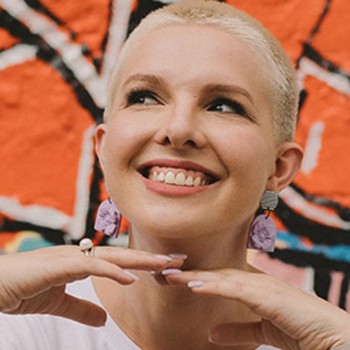
From being the Olympic Games that didn’t take place on time – indeed, nearly didn’t happen – but ultimately delivered sporting magic beyond the expectations of many, Tokyo 2020 inspired through the unifying power of sport.
This was certainly the case for Hong Kong, whose 46 Olympians notched up one gold, two silvers and three bronzes. That record haul of six medals represents the SAR’s most successful ever performance at an Olympic Games. The only other gold medal won by Hong Kong came 25 years ago with windsurfer Lee Lai-shan at Atlanta 1996.
It’s been a real tonic for the population. In the shopping centres across the city where giant screens showed live coverage of Tokyo 2020, people waved cheer sticks while chanting ‘ga yau’, a Cantonese expression that roughly translates as ‘go for it’.
It was the collective cry as Edgar Cheung Ka-long thrust his way to gold in the individual foil; as Siobhan Haughey, dubbed Hong Kong’s ‘little fish’ claimed double silver in the 100m and 200m freestyle swimming; and as the women’s table tennis team, karate exponent Grace Lau Mo-sheung and cycling legend Sarah Lee Wai-sze all took bronze medals.

Companies are focusing on resilience, determination and discipline – characteristics closely associated with sporting activities
Eureka moment
The euphoria created by Hong Kong’s athletes seems to have been a eureka moment with parents, who tend to steer their children – from an early age – towards playing an instrument and undertaking hours of academic study in preference to sporting activities.
Cheung barely had time to glance down at the gold medal hanging on his chest before calls started flooding into Hong Kong’s handful of fencing schools from parents looking to enrol their children – some as young as two or three years old. Hong Kong’s table-tennis, karate and swimming clubs are expecting a similar surge of interest.
On the fencing piste, in the pool, on the track and in the arena, Hong Kong’s Olympians have shown that success is not just measured in the classroom. And their examples may have come at an ideal time, hot on the heels of a recent study conducted by the Chinese University of Hong Kong that compared data on the physical activity of children and adolescents around the world.
The researchers found that children and teenagers in Hong Kong have the worst performance in overall physical activity levels across nine international indicators. In fact, less than half of the under-18s in Hong Kong in the survey managed to exercise for an hour a day, as suggested by the World Health Organization, while only 30% exercise with parents at least once a week.
Many distractions
While long working hours are blamed for a lack of time for parents to exercise with their children, an overload of schoolwork and the lure of electronic devices are also named as distractions. Even when a student does show sporting potential or talent, they often spend so much time completing academic studies that sporting activities are eventually dropped.
However, the work landscape is being reshaped by the Covid-19 pandemic. Companies looking to ‘build back better’ are focusing on resilience, determination and discipline – characteristics closely associated with sporting activities. As one recruitment expert has pointed out, employers in the future could be paying more attention to the cycling, fencing, martial arts and swimming activities listed on a CV, rather than a long list of academic achievements.
